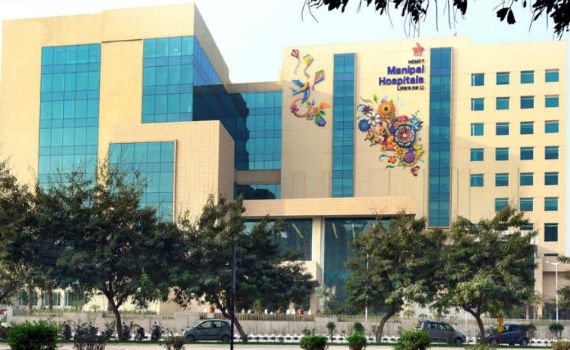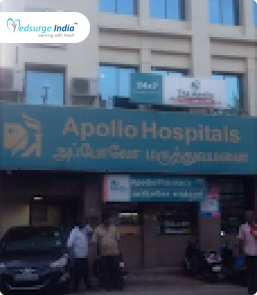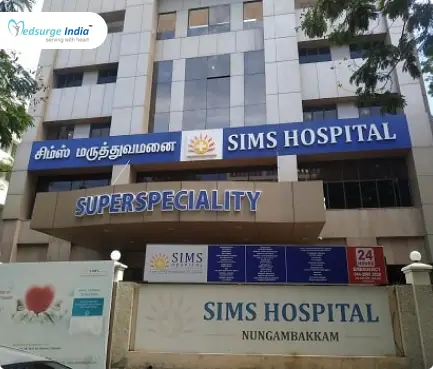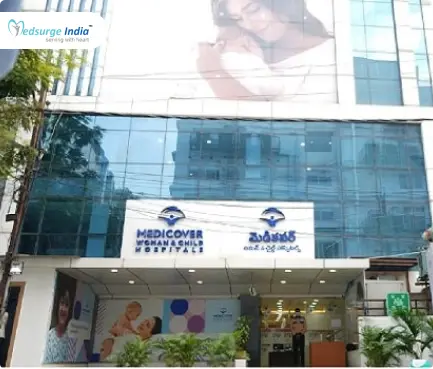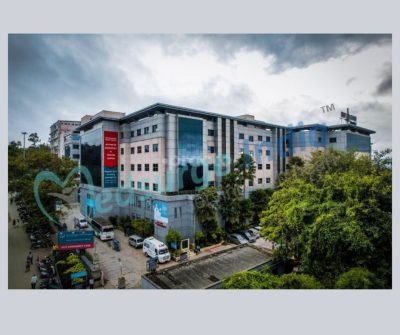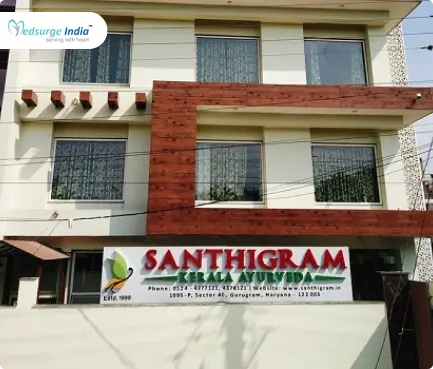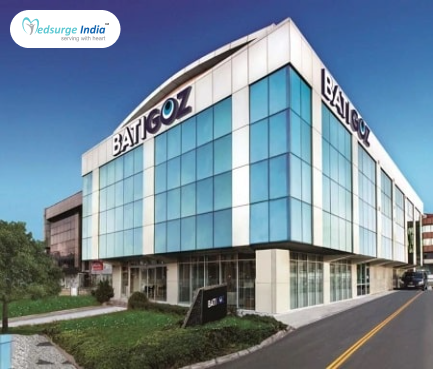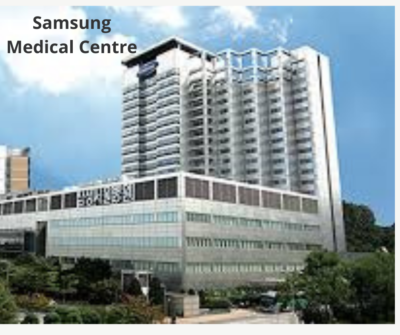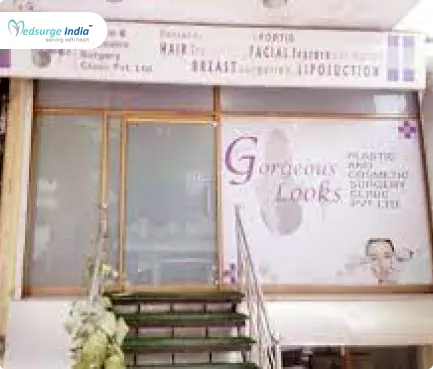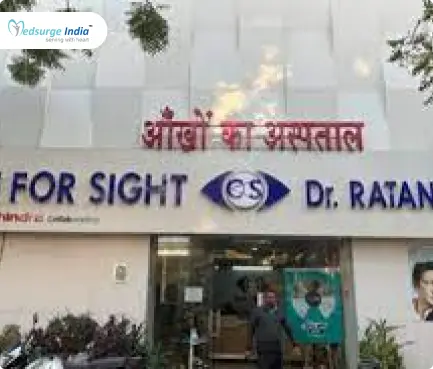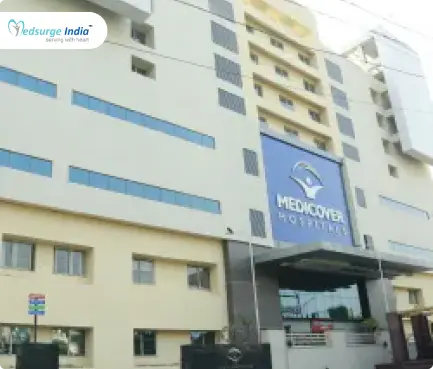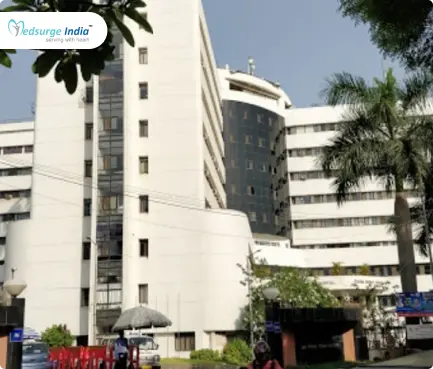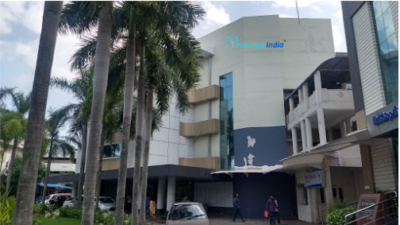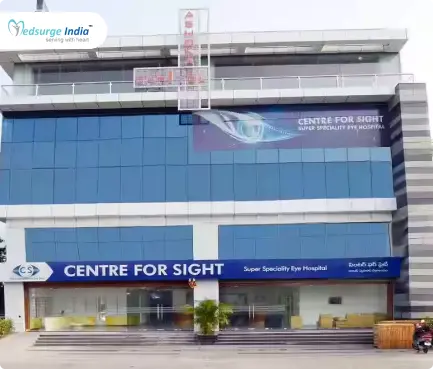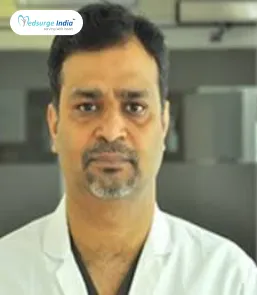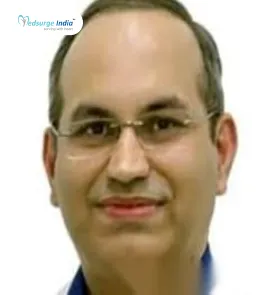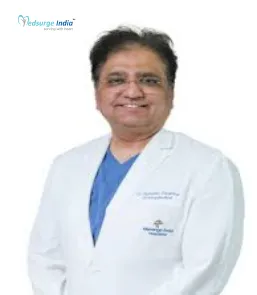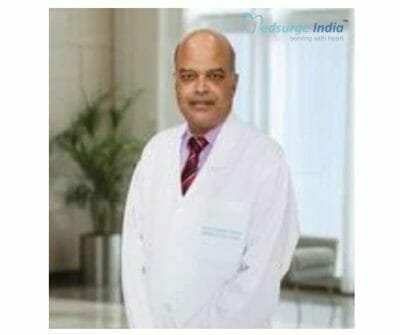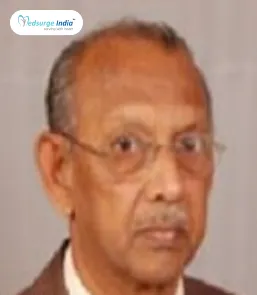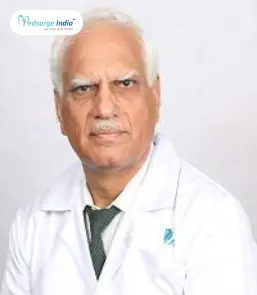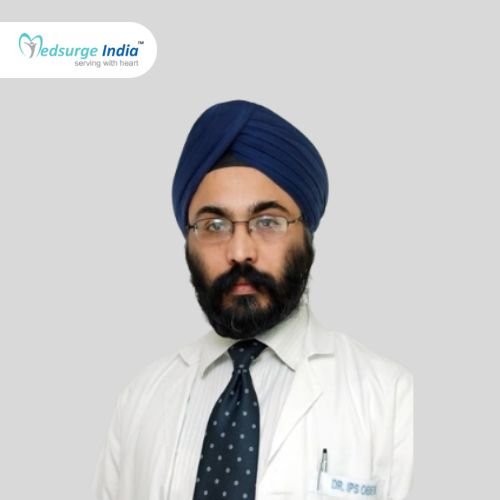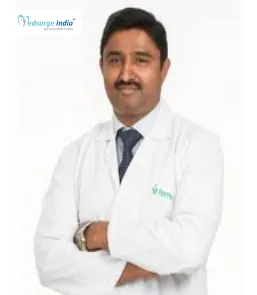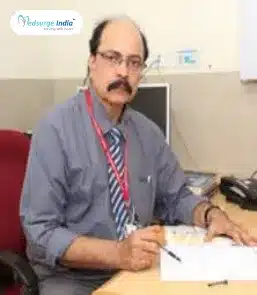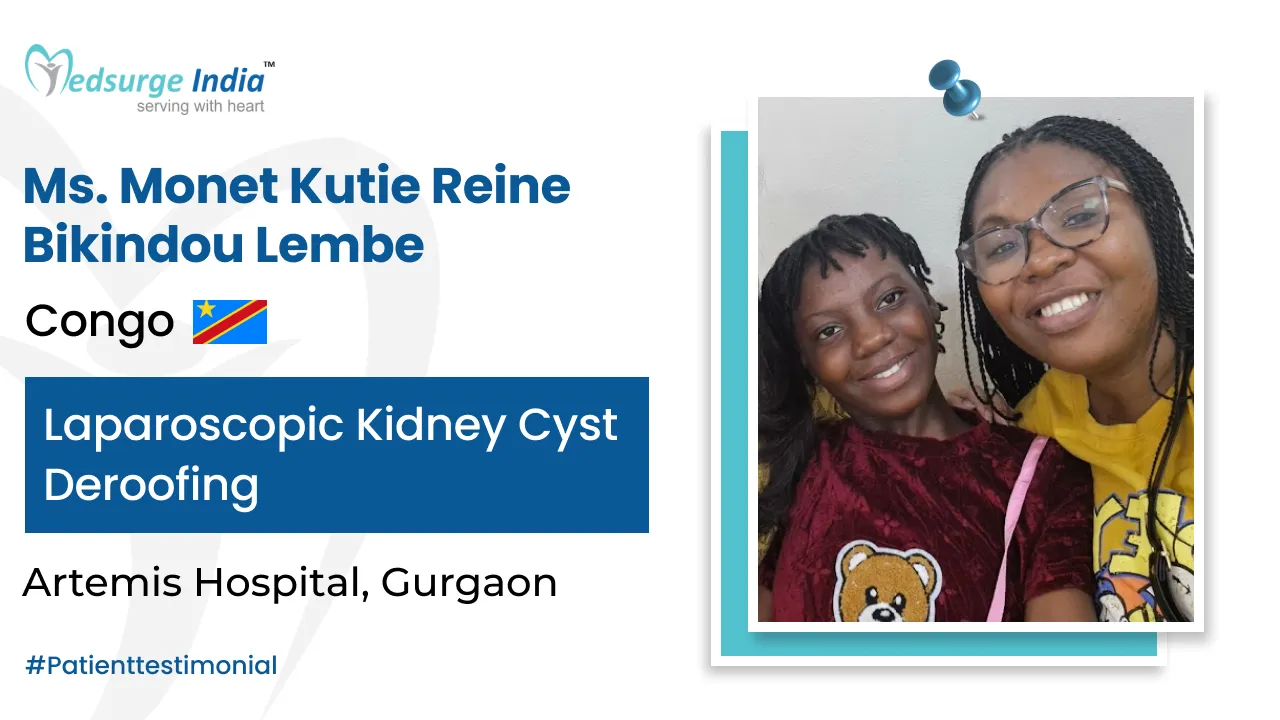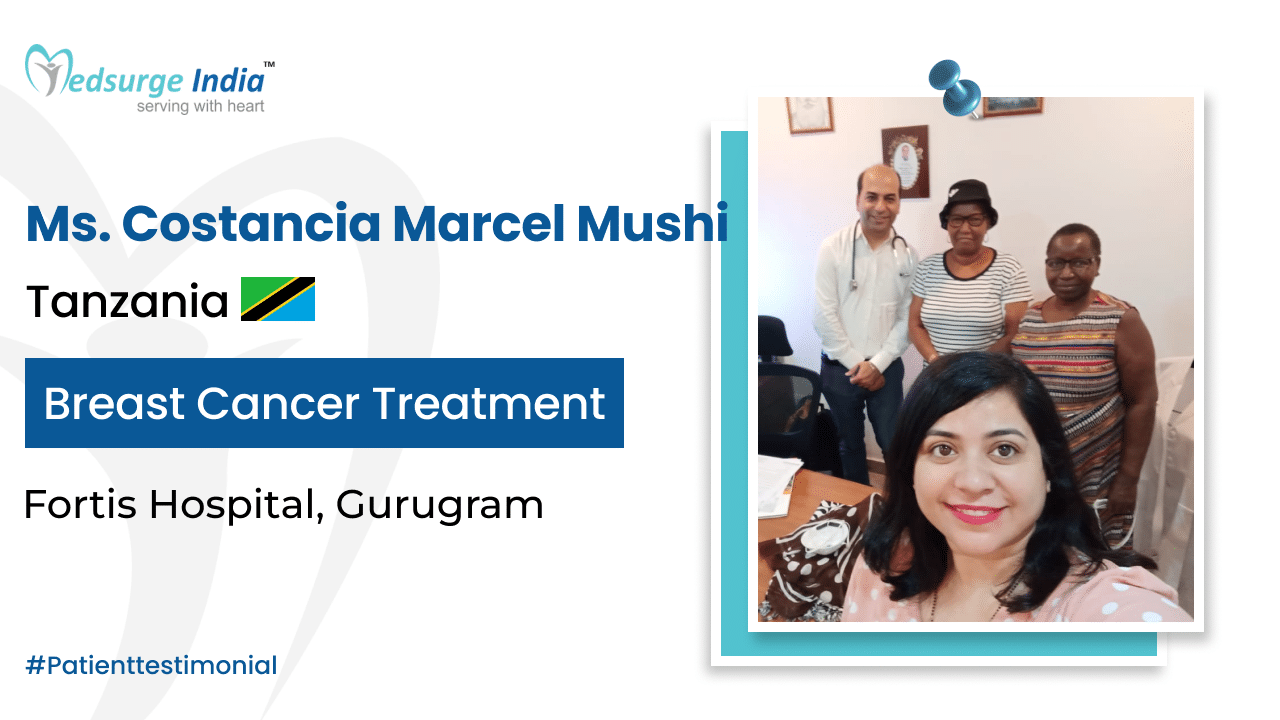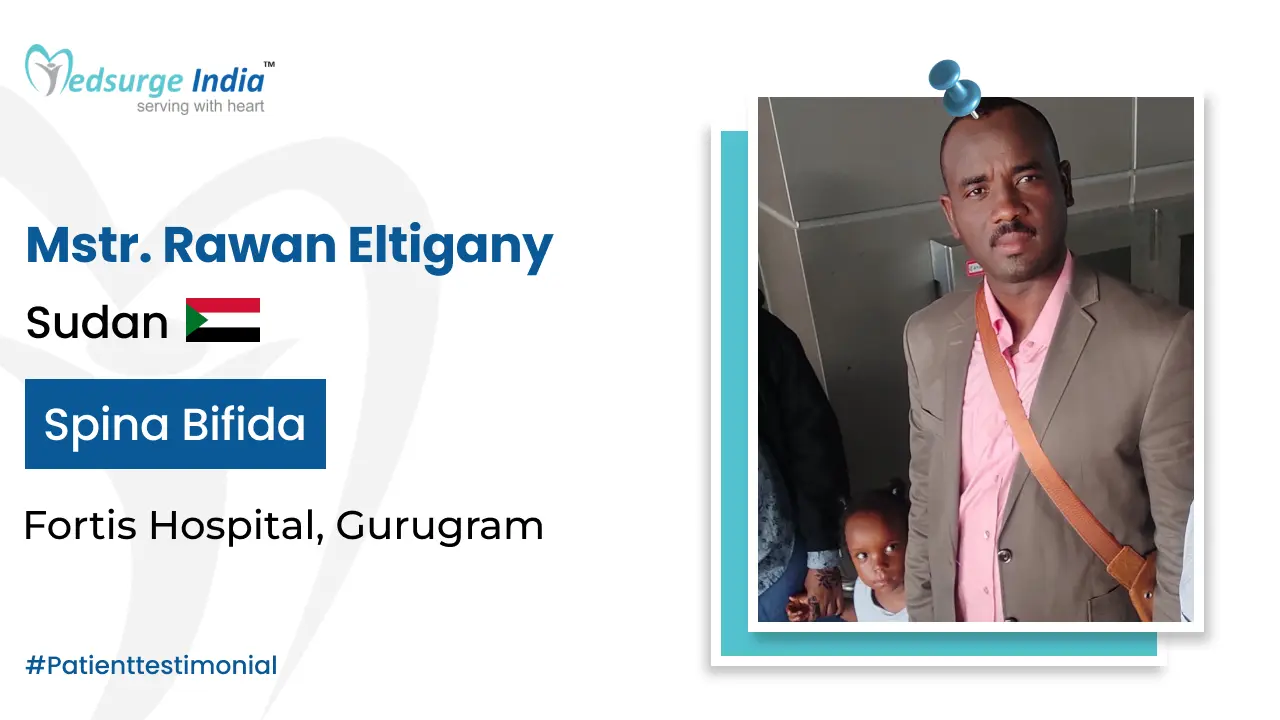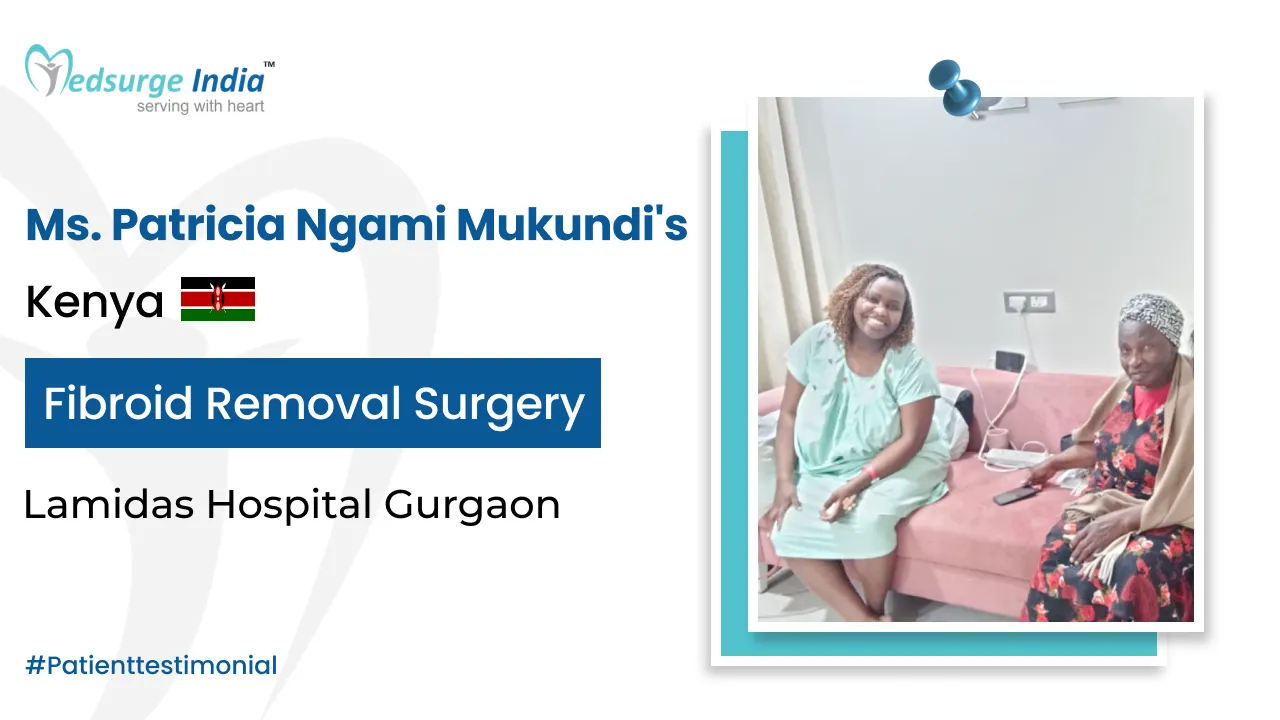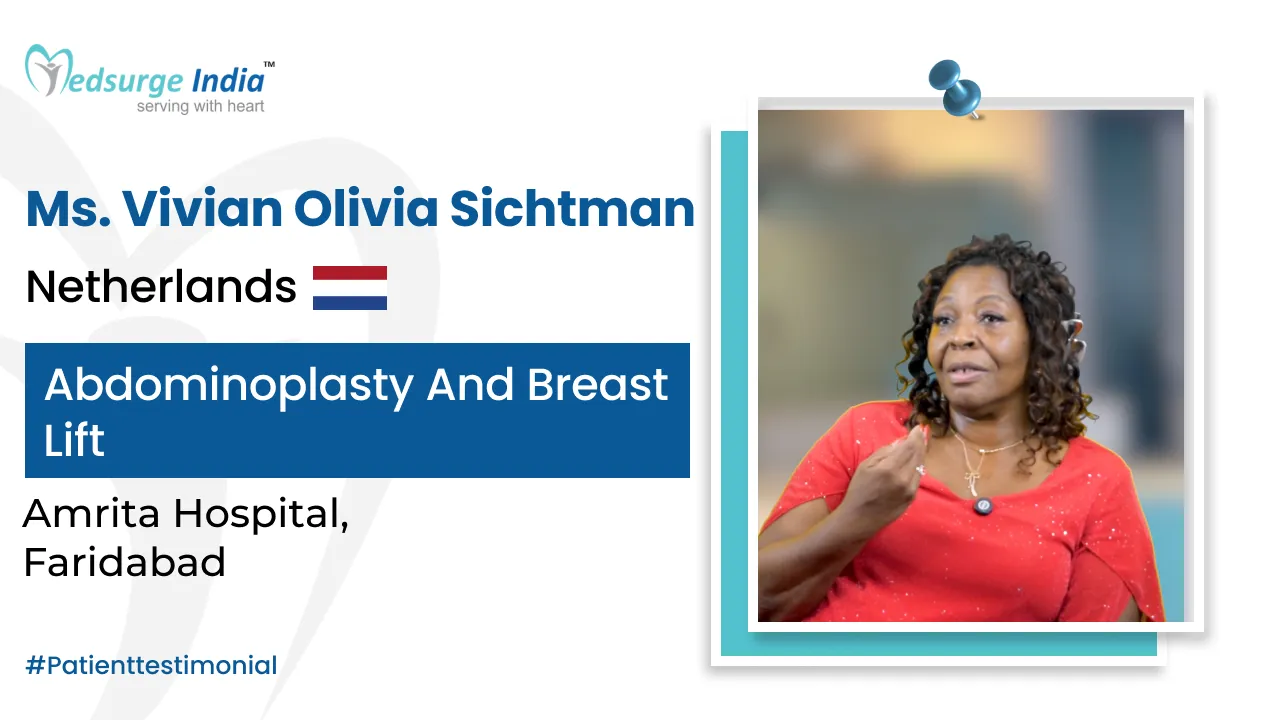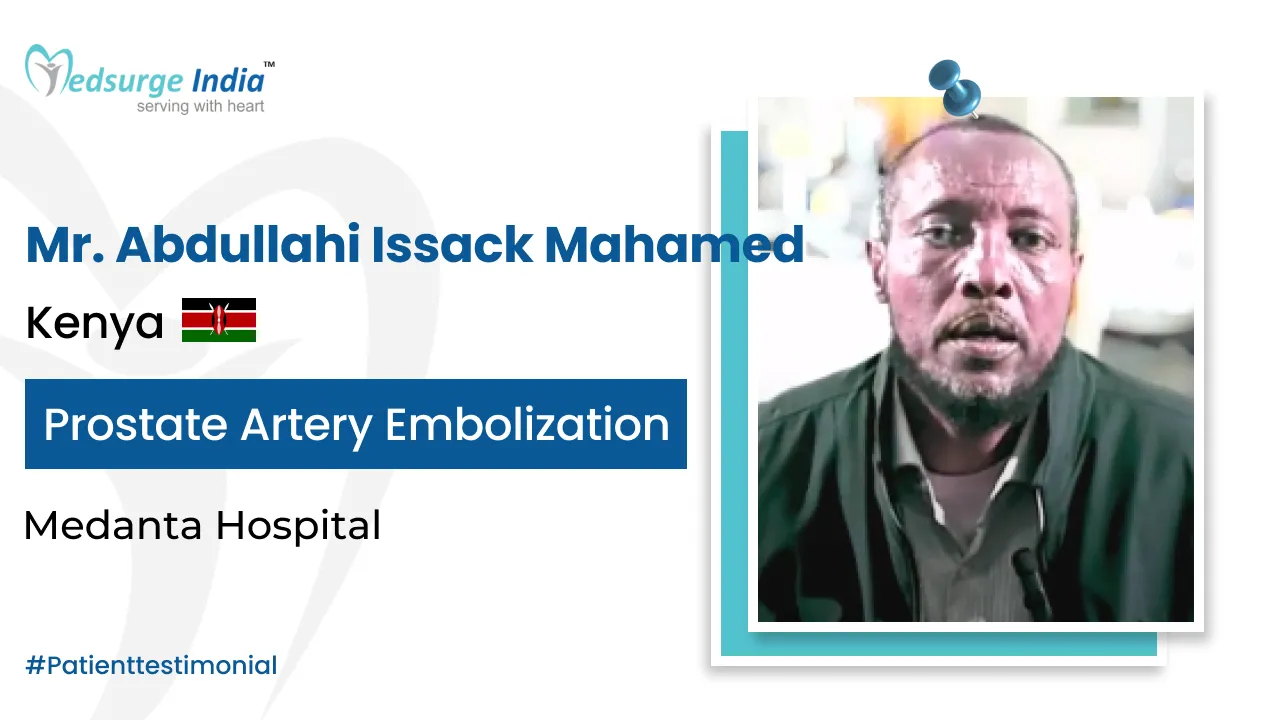
Shoulder Arthroscopy Cost in India
Shoulder Arthroscopy Cost in India can range from USD 3000 to USD 4000. Keep in mind that this only applies to the procedure; other costs will be added to the total cost of the treatment.
Among people of all ages, shoulder injuries are common. This technique developed for the surgical assessment and treatment of a number of shoulder conditions, facilitates quicker recovery, less scarring, and fewer complications than open surgery.
More about Shoulder Arthroscopy in India
We have nothing but the best for your crippling pain if you suffer from pain in the shoulder. Shoulder arthroscopy is a beneficial surgery that can recover shoulder functionality. In order to help you get your strength back in a short time with quicker recovery with professional orthopaedic surgeons and hospital treatment, we are available to help you with every phase.
In Shoulder Arthroscopy, using special instruments and equipment, the surgeon assesses the shoulder area and repairs the tears through small incisions. The Arthroscope consists of a camera and light for examining, evaluating, and fixing joint problems. It is a treatment that is minimally invasive and ensures less discomfort. It deals with diseases that include shoulder joint bones, ligaments, tissues, cartilage, tendons and muscles.
Indications of Shoulder Arthroscopy
This surgery is intended for people who have not had physical therapy, medication, or injections that have been successful. Cases involve:
- The broken cuff of a rotator
- A cartilage ring or biceps tendon that is broken or weakened
- Stiffness of Shoulder
- Inflamed tissue removal
- Spurs of bone
- Instability of the Shoulder
- Impingement of the Elbow
- Clavicle arthritis/ collarbone arthritis
- Debridement/drainage of the shoulder joint
Diagnosis and Tests for Shoulder Arthroscopy
- Physical review
- The MRI
- Ultrasonics
- CT Scan
- EMG (electromyogram)
Shoulder Arthroscopy Cost in Different Cities in India
| Cities | Starting Prices |
| Delhi | USD 3000 |
| Mumbai | USD 3400 |
| Kolkata | USD 3000 |
| Hyderabad | USD 3100 |
| Chennai | USD 3000 |
| Gurgaon | USD 3000 |
| Noida | USD 3000 |
| Bangalore | USD 3500 |
Reminder: The cost and treatment options for Shoulder Arthroscopy Cost in India may differ based on the patient’s preferences and other factors.
You may also be interested in Orthopedics Treatment Cost in India
Get Free Cost Estimation
Procedure
The Procedure of Shoulder Arthroscopy
Before the Procedure
- Total physical inspection of the area affected
- Medical history, including medicines taken, should be given to the doctor.
- Conducting medical tests
- Some drugs can be avoided, such as blood thinners,
- Your surgeon can ask you to see your doctors if you have certain medical conditions like heart disease, diabetes,
- You will be asked to stop smoking as the accident and rehabilitation will be affected.
- 8 to 12 hours before surgery, you will be asked to quick
- You can do so with a small drink of water if you are asked to take some medications.
During the Surgery
- If you are fit, surgery can be done as an outpatient procedure.
- Most surgeries take less than an hour, but depending on the findings and repair necessary, they are variable.
- General anesthesia will be given to you,
- You could be put in a semi-seated position or lying down with your arm propped up.
- Sterile fluid is pumped into the region to widen the surgical site for good vision and repair.
- A small incision is made and inserted into the arthroscope.
- Photos captured by the arthroscope can be seen on the adjacent display.
- In order to remove and restore the damaged area, surgical instruments are inserted into the joint to
- The devices are removed and either with stitches or small sterile bandages, the incisions are closed.
After the Surgery
- You will be treated in the operating room before being discharged for around 1 to 2 hours after surgery.
- Following surgery, it is common for the shoulder to swell. For around 20 minutes, a pack of ice can be put on the area 3-4 times a day to reduce swelling
- For at least a week you will feel pain and discomfort, however, medicine will be given to manage the pain.
- Depending on the repair, you might be asked to use a sling or an immobilizer to cover your shoulder.
- Depending on how complicated the repair is, your surgeon can request a physical therapist.
- Your surgeon will complete a recovery plan for you.
- Recovery depends on the type of repair performed and the procedure
- A week or so after surgery, follow-up should be done.
Also, click here to read more about Arthroscopy
Factors That Can Affect Shoulder Arthroscopy Cost in India
Several factors can also affect the cost of Shoulder Arthroscopy in India Here are some of the factors that can affect Shoulder Arthroscopy Cost in India:
- Medication costs.
- Patient Condition.
- Duration of treatment.
- Geographical location.
- Hospitalization expenses.
- Government policies and subsidies.
- Medical tourism packages.
- Hospital reputation and infrastructure.
- The expertise and experience of medical professionals.
- The type and frequency of diagnostic procedures.
- The choice of treatment modality.
Shoulder Arthroscopy Cost in India offers exceptional medical services and facilities to patients who come for treatment in India also their facilities rival those of well-known healthcare centers worldwide. Accommodation, meals, and transportation expenses are also covered.
Medsurge India ensures that patients will receive the most affordable Shoulder Arthroscopy Cost in India and with the expertise of highly qualified doctors. Note: Medsurge India is dedicated to delivering you with the utmost standard of care, ensuring transparency, and offering affordable Shoulder Arthroscopy charges in India. If you have encountered difficulties with infertility, we strongly encourage you to promptly take action and arrange a tele/video consultation with us via chat or email.
The Most Important Frequently Asked Questions
Q: Why Should I Choose the Shoulder Arthroscopy Option?
A: If your shoulder strength is not recovered by physical therapy, medicine and injections, then you can choose Shoulder Arthroscopy for improved functionality.
Q: Is This a Process That Is Painful?
A: You will be given general anaesthesia during the procedure, so you will not experience any discomfort. You can, however, feel some pain and discomfort after surgery. This can be managed by pain killers being administered to you.
Q: What Is Your Shoulder Arthroscopy Prognosis?
A: This results in decreased pain and reduced recovery. Shoulder stiffness is decreased, and stability is also retained. But often, after surgery, shoulder flexibility can not be restored and after a repair on the rotator cuff, you can not recover your full strength.
Q: What Is the Success of Shoulder Arthroscopy?
A: Since it is less painful and takes less time to heal and recover, it is more effective than open surgery. The success rate can be as high as 90 per cent in the case of a shoulder dislocation repair, while it is around 95 per cent for impingement or rotator cuff tears.
Q: Am I Going to Have to Be Hospitalized?
A: You do not need to stay in the hospital if you are safe without a complex medical problem. Before being released, you just need to stay for up to 2 hours after surgery.
Q: How Long Did the Procedure Last?
A: Depending on the complications, it takes about an hour or more.
Top Hospitals for Shoulder Arthroscopy in India
Top Doctors for Orthopedics
Dr. Sourabh Shirguppe
Consultant
Experience: 13 years of experience
Wockhardt Super Speciality Hospital Nagpur
Nagpur, India
Dr. Ajay Bhambri
Principal Consultant
Experience: 27 years of experience
Max Superspecialty Hospital, Mohali
Mohali, India
Dr. Hemant Sharma
Consultant
Experience: 24 years of experience
Marengo Asia Hospitals Formerly W Pratiksha Hospital, Gurgaon
Gurgaon, India
Dr. S.Udhayashankar
Consultant
Experience: 11 years of experience
SIMS Hospital, Vadapalani, Chennai
Chennai, India
Dr. Jayant Arora
Senior Consultant
Experience: 8 years of experience
Fortis Memorial Research Institute, Gurgaon
Gurgaon, India
Dr. Vinod Sukhija
Senior Consultant
Experience: 35 years of experience
Indraprastha Apollo Hospital New Delhi
New Delhi, India
Dr. Dhiraj Gupta
Consultant
Experience: 10 years of experience
Ganga Care Hospital Limited, Nagpur
Nagpur, India
Dr. P Chamundaiah Jagadeesh
Consultant
Experience: 23
Fortis Hospital, Bangalore (Bannerghatta Road)
Dr. Sanjeev Mahajan
Arthoscopy and Sports Medicine Director
Experience: 20 years of experience
Ludhiana, India
Dr. Pushkar Chawla
Senior Consultant
Experience: 23 Years
Indian Spinal Injuries Center, New Delhi
New Delhi, India
Dr. Sudhir Seth
Director – Orthopaedics, Joint Replacement, Spine & Sports Injury
Experience: 42+ Years of experience
MASSH Super Specialty Hospital
New Delhi, India
Dr. Kiran Rajappa
Consultant
Experience: 15 years of experience
Fortis Hospital, Bangalore (Bannerghatta Road)
Bangalore, India

